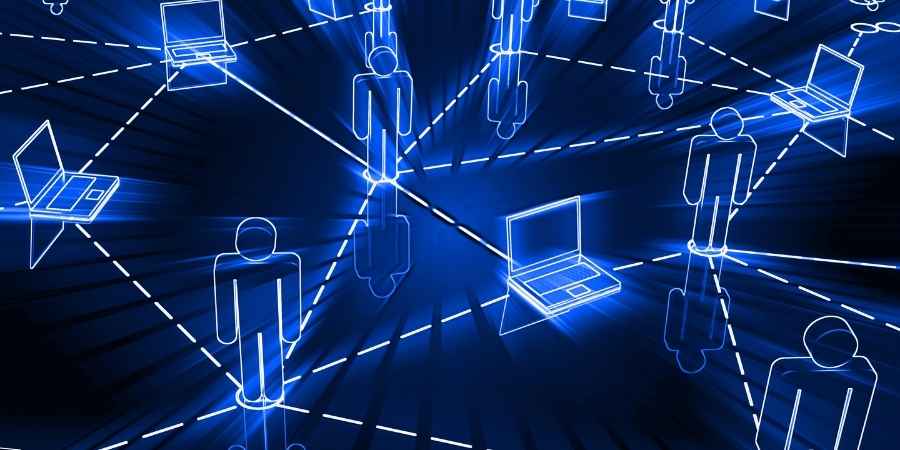IP2 Network: A Complete Guide
In today’s digital age, the way devices and systems connect across the internet is crucial. One term that often arises in networking discussions is the IP2 Network. While it may sound technical, understanding it can provide insights into how modern connectivity, data transfers, and online security are managed.
This article explores what the IP2 Network is, how it functions, its applications, and why it’s relevant for businesses, developers, and everyday internet users.
What Is the IP2 Network?
The IP2 Network generally refers to an advanced layer of IP (Internet Protocol) connectivity that allows communication between devices across local and global systems. It is closely linked with IP address management, data routing, and network security.
In practice, IP2 Network solutions are often used in:
-
Data routing and optimization
-
Cybersecurity and fraud prevention
-
Content delivery and localization
-
VPN and proxy services
By using IP2-based systems, businesses and individuals can secure their digital interactions while also improving speed and efficiency.
How Does the IP2 Network Work?
Like any IP-based system, the IP2 Network relies on assigning unique IP addresses to devices. These addresses act as digital identifiers, allowing devices to find and communicate with each other.
Key elements of how the IP2 Network works include:
-
IP Address Mapping – Devices are assigned IPs, which can be tracked to specific regions or service providers.
-
Data Routing – Information is transmitted efficiently between devices and servers.
-
Security Layers – Encryption and monitoring protect data during transfer.
-
Integration with Applications – Developers can embed IP2 data for geolocation, fraud detection, or digital rights management.
Applications of the IP2 Network
The versatility of the IP2 Network makes it useful in a wide range of fields. Some of the most common applications include:
1. Geolocation Services
Websites and apps use IP2-based data to determine where a user is located. This helps deliver localized content, language preferences, or region-specific services.
2. Cybersecurity and Fraud Detection
Financial platforms, e-commerce businesses, and online services rely on IP2 data to detect suspicious login attempts or prevent identity theft.
3. VPN and Proxy Solutions
The IP2 Network forms the backbone of many virtual private network (VPN) systems, enabling secure and private browsing.
4. Digital Rights Management
Streaming platforms use IP2 systems to enforce licensing rules by limiting content to certain regions.
5. Business Intelligence
Companies leverage IP2-based data for market analysis, targeted advertising, and customer segmentation.
Benefits of the IP2 Network
The advantages of the IP2 Network extend beyond technical improvements. Some benefits include:
-
Enhanced Security: Protects users from unauthorized access and malicious activity.
-
Optimized Performance: Efficient routing improves website and app performance.
-
Global Reach: Supports international businesses by localizing content.
-
Better User Experience: Ensures users receive relevant, region-specific information.
The Role of IP2 in Modern Connectivity
As the internet grows, the role of IP2 networks becomes more critical. From streaming entertainment to financial transactions, most digital interactions depend on IP-based systems. By offering greater control, security, and accuracy, the IP2 Network is shaping the future of online communication.
Frequently Asked Questions About IP2 Network
1. Is the IP2 Network the same as IP version 2?
No. The term “IP2 Network” does not refer to a protocol version but rather to systems and solutions built around advanced IP usage.
2. Who uses the IP2 Network?
Businesses, developers, cybersecurity professionals, and VPN providers commonly use IP2-based tools.
3. How does it improve security?
It provides data encryption, fraud detection, and real-time monitoring to reduce risks online.
4. Can individuals benefit from IP2 Networks?
Yes. VPNs, secure browsing, and better online privacy are everyday benefits of IP2 systems for individuals.
5. Is IP2 Network related to geolocation databases?
Yes. Many IP2-based services integrate with geolocation databases to map IPs to physical regions.
Conclusion
The IP2 Network is more than just a technical concept—it is a backbone of modern digital communication. From powering VPNs to enabling fraud detection, it plays a critical role in keeping the internet secure, efficient, and user-friendly.
As online security and data privacy become increasingly important, the relevance of the IP2 Network will continue to grow, making it an essential area of knowledge for both businesses and everyday users.
